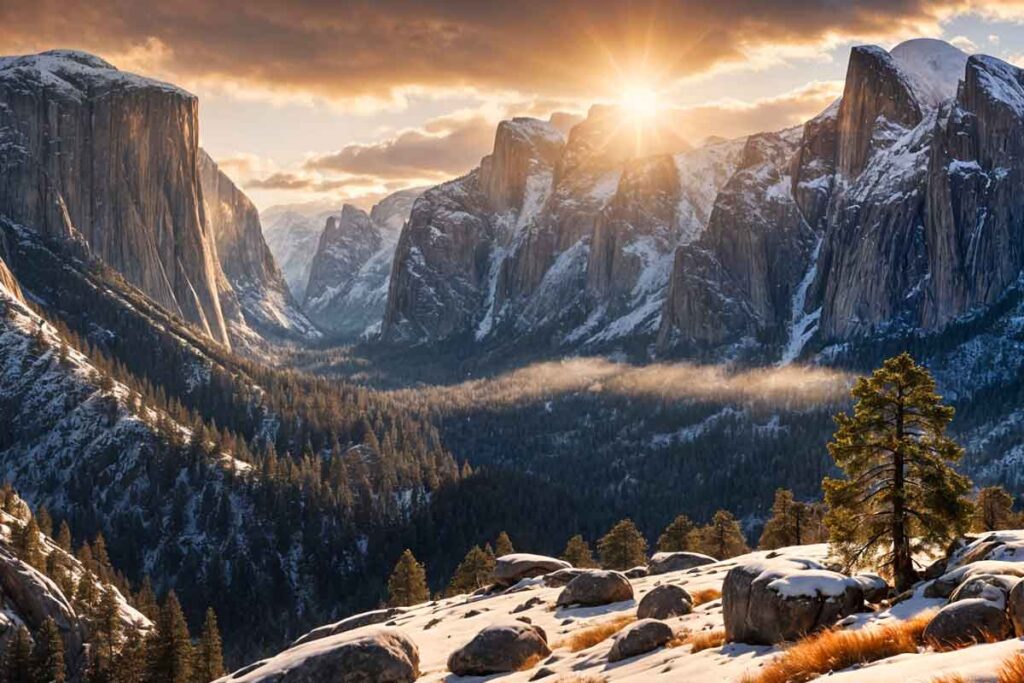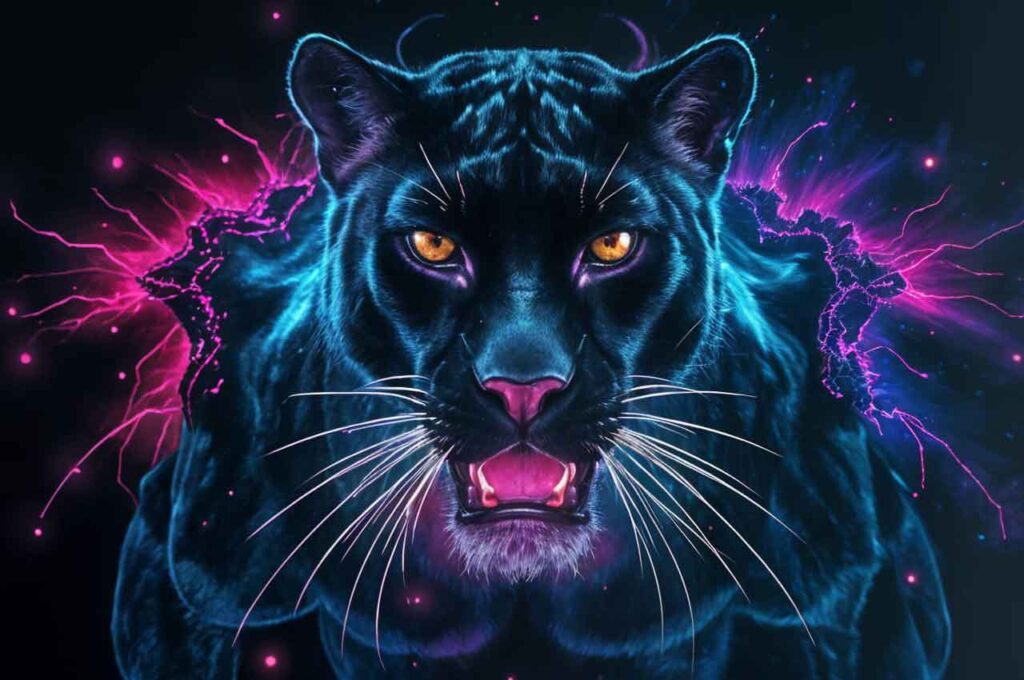New Life Series (P1): Sitting with Jesus at the Edge of the World
This article is part 1 of 4 in the ‘New Life’ series. It is based in absolute true life events. Mine. # I knew exactly where I was going. I went there every night. A small forest path that wound slightly left and right, up and down. It was covered in just enough snow to crunch beneath my calf-high leather boots. Over head, the spruce and pines swayed soft in the wind, shuttering a fresh snowfall. As I followed this familiar path, each new tree lit up with white lights, not unlike the mini white Christmas lights we buy at the super stores but these lights had a glow like a thousand fire flies. I was deep, deep in the forest, so clearly their power was not electricity. But it never made a difference how they were made to glow. What was important was I knew they were glowing for me. That seemed so simple. So innocent. As I continued walking through this ancient tunnel of trees, I began to see the expected clearing up ahead. It grew closer and closer. The trees parted abrupt, the fading sun almost blinded me and if I took one more step forward, I would be plunging. I was all, and at once, on the edge of a magnificent cliff, over looking a mountain range so vast and so personal, I can’t find the right words to describe it. The snowfall became more brisk in the open air and an up draft wrapped itself around me, almost taking me forward. But I’ve been here so many nights, I know what happens next. One step forward, one look straight over the rocky overhang, a breath, a wonderment, a step backward then another breath. Taking that extra step forward would have to wait for another night. Behind me and slightly left was a manmade bench of solid pine. Not linear. The seat was overly oblong and curved in several places. It was polished only from generations of sitting. The back of the bench was also oblong with a strange high and low curvature. It had strength and wqs held to the seat with three thick, hand-carved poles. It sounds uncomfortable but I tell you it’s very existence was designed for such peaceful respite as I now sought. I know. I’ve been here so many times before. I turned slightly and made my way to the bench. Without even looking, my left hand shot forward and scooped up a large fur coat, complete with a hood that swallowed my head. Maybe elk, maybe wolf. I never asked so I can’t speculate. I only know when I put it on, something naturally calmed all the voices that were troubling me on my trek through the trees. The cloak began to swallow me in it’s breadth so I wrapped right then left. Satisfied I was bundled up warm, I finally sat on the edge and stared out at the majestic scene before my eyes. Mountains in every direction. Trees scattered up and down them. Below the cliff, a deep valley. Within the valley, a Bavarian village kissed by the falling sun. Snowfall. Every where snowfall. Then pure silence. Even the wind moved in a hushed tone, just out of earshot. I sat, as I always did, struck with amazement that such a place could exist and that I, small and insignificant, was allowed to witness its perfection. I waited and it came. The distinct aroma of honey crisp apples and pure balsam. Not overbearing. Just enough to shift my mind from the silence. My eyes remained forward as he slid up next to my right side in his own fur. He looked out, too, but spoke directly to me. “You’re not wrong,” he said. “I feel wrong,” I said. “I’d tell you if you were wrong.” “Would you? Maybe I’m making up the words in my head that you speak to me.” “That is possible. But I believe you know otherwise.” I took a breath and exhaled, mist coming from my mouth. “I do,” I said. Silence. That was what was most important. The silence. “You hear me calling you every night. That’s why you come,” he said. “I come for many reasons,” I said. “Oh?” “Mostly to silence the confusion.” “We’ve covered that.” Silence. “Tell me the truth.” More silence. Then it fell from my mouth, unrestrained. “I’m here to stop the voices. The painful scenarios I’m bearing all by myself that are destroying me from the inside out. To seek real answers to the questions I’m making up the answers to.” “And?” “To hear you say how much you love me.” Both our fur cloaks swirled and almost became one as he wrapped me tight, laid us both back on the bench and pulled me close. “I love you without question, with reserve, without judgment,” he said. The snow paused but a moment. He continued. “I just love you. And it’s going to be alright.” I finally looked up into his most beautiful, excepting eyes. “Do you promise?” “I do.” It was really that simple. Believe. He kissed me on the forehead several times, murmurs of love escaping his lips. Then silence. Long silence. “Look. The lights are coming on,” he said. We both leaned far enough forward to watch the lights on the houses in the valley light up randomly just as the sun sank behind the gigantic hills. Up and down the majestic mountains, trees in the forest also lit up. It was beyond magic. It was purity. I waited. It would come because this was a space blessed with pure truth. “You’re not wrong,” he said again. And just like that, my tears cascaded in waterfalls down my
New Life Series (P1): Sitting with Jesus at the Edge of the World Read More »


